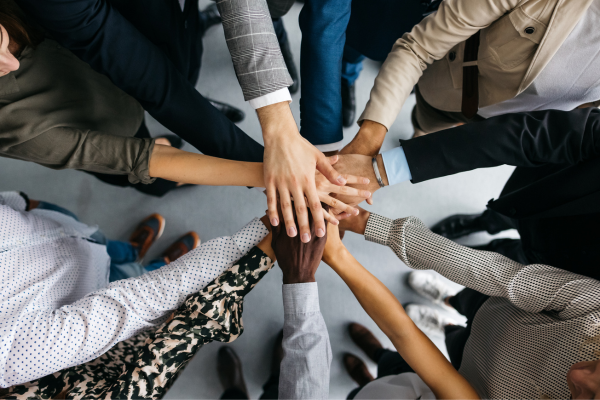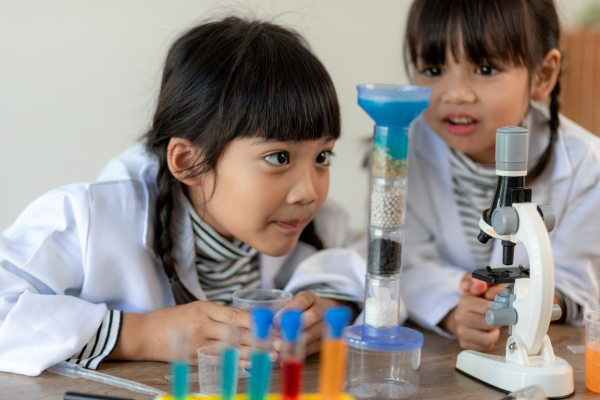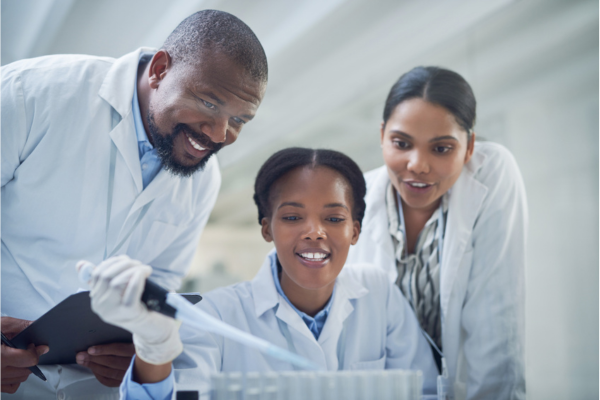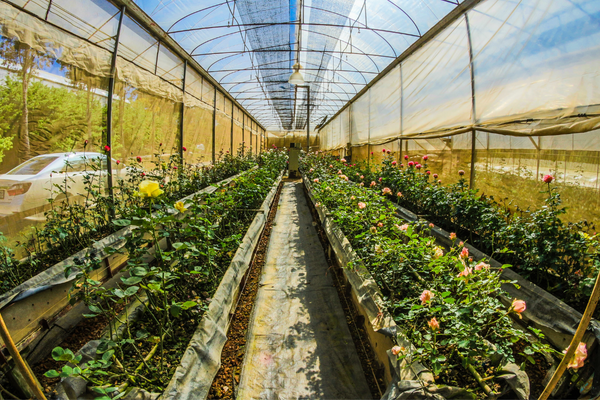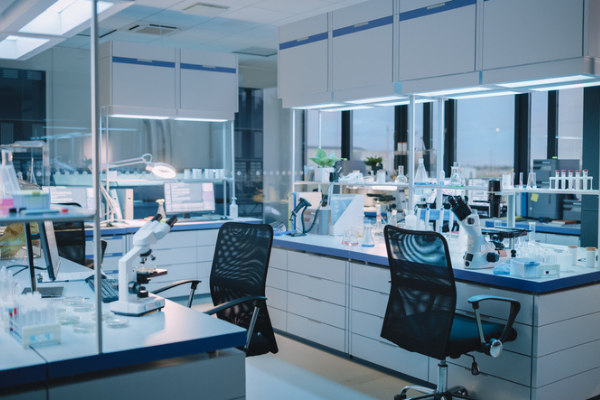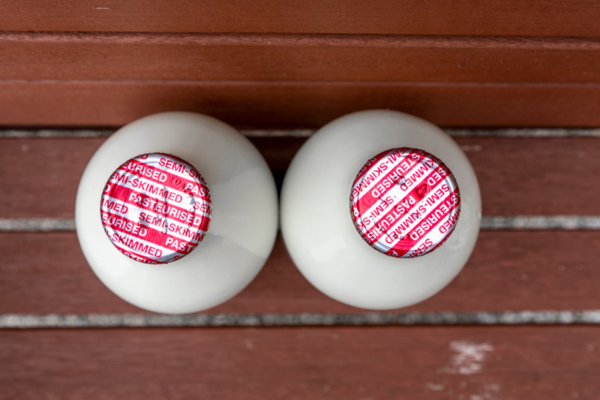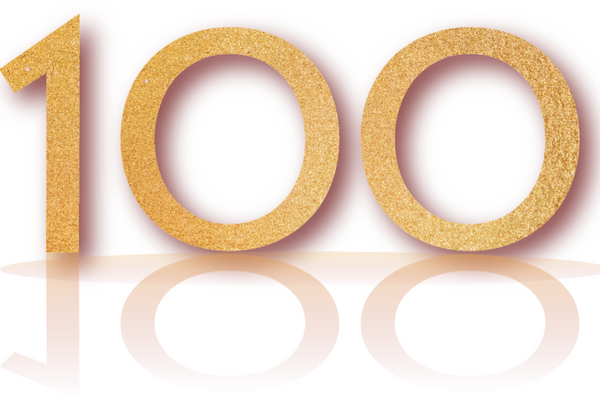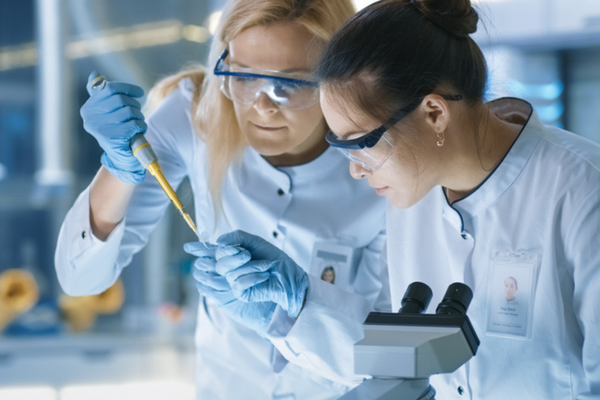
What are some of the current challenges in drug discovery and development from your perspective?
While there have been many advances in R&D, there is still a large number of drugs that failed in clinical development due to lack of efficacy. This challenge highlights the critical role of translational approaches as a bridge between preclinical and clinical studies.
A new paradigm is needed, where biomarkers and disruptive technologies beyond animal models can provide support to advance new molecules to human studies. Although this is important across all therapeutic areas, it is crucial for CNS indications.
You have worked in large pharmaceutical companies and biotech. What learnings and advice would you offer to younger generations?
If you are passionate about medicinal chemistry and drug discovery, the first step is to build the technical expertise and establish credibility as a medicinal chemist. If you care about your career development, be intentional, recognize at which stage you are and plan for the next phase. Be pragmatic and use all resources available to you within your institution but also professional associations like ACS.
Publishing, attending and presenting at scientific meetings or volunteering are great opportunities to network, get to know other colleagues, role models and potential mentors. Take the time to identify and reach out to prospective career mentors and cross-functional advisors.
(More details at: https://pubs.acs.org/doi/10.1021/acsmedchemlett.9b00638)
How have your parents influenced your leadership style?
My parents grew up in a very different environment (post-civil war in Spain) than I did. They worked very hard so my siblings and I would have some opportunities that were never an option for them. Their example always provided inspiration for me to have a “yes, you can” positive attitude and instilled a strong sense of responsibility.
In addition, I learned from them the importance of family and helping each other. This concept extended to demonstrate caring and empathy within the broader community. While perhaps not top of mind at the beginning of my career, these experiences played naturally in demonstrating teamwork, creating win-win situations and building effective teams in drug discovery.
Through typical family conversations, usually during a meal, the concepts of being open-minded and having a growth mindset were discussed and reinforced. For a leader, being flexible, humble and listening to others are critical skills.
The world’s scientists collaborated in an unprecedented way to quickly develop COVID-19 vaccines. Is there anything that you observed regarding this global collaboration that might help in charting a new approach toward finding new medicines?
The sense of urgency has fueled the effort to get a vaccine in record time. I hope the same spirit can bring forward research and collaboration to find cures for devastating diseases. We have seen similar crisis before (like HIV in the 80s) and how pharma prioritized and accelerated development of new medicines. Keeping the patients in mind is paramount for scientific innovation.
What are some personality traits that have been most instrumental in your career success? Which trait do you wish you had in greater supply?
An immense curiosity and drive to achieve results while building trust and effective relationships. Being curious about medicinal chemistry and drug discovery has enabled me to learn quickly different cross-functional perspectives to integrate in drug design.
The same interest led me to look for opportunities for career development. While each person might attribute their career progression to a specific trait, the question is how well do you know yourself, your strengths and shortcomings? From my perspective, it is crucial to have the emotional intelligence to flex your leadership style depending on the circumstances, while still being yourself, an authentic leader.
You have been affiliated with the ACS Medicinal Division (MEDI) for about 20 years and are the current Program Chair. What impact has MEDI had on your career?
I had the fortune to meet and expand my network with a fantastic group of enthusiastic medicinal chemists through MEDI. Through the executive committee and the long-range planning committee, the emphasis on bringing cutting-edge sessions to the broader community is contagious. Their passion and commitment are so inspiring! I have an even broader appreciation for the field.
What technology trends are you following most closely and why?
After organizing a Keystone Symposium on disruptive technologies and approaches for brain therapeutics last year and my interest in CNS research, I am following the field on new advances on biology, novel medicinal chemistry approaches, biomarkers, genomics, imaging and brain delivery.
With the pandemic, the impact of digital tools has accelerated the implementation of new ways of working and opportunities for clinical trials and healthcare in general.
You earned your B.S and Ph.D. degrees in Chemistry from the University of Santiago de Compostela, Spain. What do you most miss about living in Spain?
I am happy living in the Boston area, a cosmopolitan city and exciting innovation hub for biotech. At the same time, I miss my parents and broader family in Spain.
You recently published an article on Mentoring Matters in Drug Discovery and were a guest editor for the ACS Med Chem Lett on Women in Medicinal Chemistry. What is the source of your passion regarding mentorships?
During my professional career, I have experienced firsthand the gratifying opportunity to mentor someone and see them advance in their career. Personally, as the oldest sister of four siblings, I have been a “mentor” since I can remember. In the case of Women in Medicinal Chemistry, I have a strong commitment to “pay it forward” and share with younger generations any key learnings along the way.
How would you characterize the scientific literacy of the U.S.? Why does it matter?
As the pandemic has shown, scientific literacy is important to understand basic concepts about science and health matters. For example, how the virus spread, or how the vaccines work, and also behaviors to minimize risk of being infected. The more people understand scientifically the causes of different diseases and the scientific rigor on how new medicines are discovered, the better the society can manage a health crisis (like the one we are living) or any other diseases. Scientific knowledge is also a key component to destigmatize some diseases, a particular challenge in mental health.
At the same time, we scientists need to make an effort to convey science and scientific breakthroughs in a language that can be understood by the general public.
What suggestions do you have to advance the principles of diversity, equity, inclusion and respect across the chemistry enterprise?
We are in an interesting time in history and need to accelerate the principles of diversity, equity and inclusion (DE&I). It is important to challenge the “status quo” and increase diversity across the chemistry enterprise.
We are not going to see any change unless we make explicit goals and work together to implement. It has to be a collective effort where education on unconscious bias or how to be a bias interrupter can change the landscape.
From my perspective, mentoring and sponsorship are effective ways to increase diversity, create new role models and amplify the effect for younger generations. For underrepresented minorities, the impact of mentoring and sponsorship is crucial to provide career development support to overcome barriers. Relying only on informal networking is not enough to make a true difference and minimize bias faced by minority professionals.
Pharmaceutical industry and academia should consider formal mentoring programs and sponsorships to empower underrepresented minorities, in particular women, Blacks and Hispanics. Minorities developed with these programs could, in turn, be mentors to others, thus systematically decreasing the gender and racial gaps in academia and pharma. Organizations also benefit by building an inclusive and diverse workforce, demonstrating a commitment to talent development, growth and retention.
In the MEDI Division, for a proposed session to be selected, it needs to have a diverse set of speakers, with a minimum of 30% gender-diversity. At the 2021 Spring Meeting, MEDI will organize a non-technical session on DE&I, where we want to solicit input from members on DE&I initiatives for the Division.
What have you learned about yourself since the start of the pandemic?
The pandemic has shown that we have not fully appreciated the benefits of social interaction, meeting with relatives, friends and colleagues, visiting different places on the impact on our well-being and mental health. For me, it became even clearer how important is to see the positive things.
For instance, identify hobbies or positive distractions to lift your spirits. I have leveraged the extra time (without the daily commute) to enjoy time with the family, exercise, enjoy outdoors and read some of my favorite Spanish authors like Carlos Ruiz Zafon and Maria Dueṅas. In spite of the best attempts, it has been a challenging time where I learned the true meaning of inner strength.
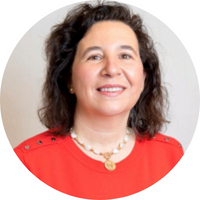
Maria-Jesus Blanco is a highly experienced and enthusiastic medicinal chemist focused on bringing meaningful medicines to patients. She is currently Vice President, Head of Chemical Sciences at Atavistik Bio in Cambridge, MA. Previously, she was Head of Chemistry and Senior Director at Sage Therapeutics and Director of Discovery Chemistry Research & Technologies at Eli Lilly.
She has been working in drug discovery and development for more than 21 years, playing leadership and strategic roles in neuroscience, as well as emerging fields of drug discovery, such as PET ligands, chemical biology, protein-protein interactions and translational research.
Maria was part of the team that discovered Reyvow (approved by the FDA in 2019 for the acute treatment of migraine). She has actively contributed to the delivery of 14 compounds to clinical studies.
Maria obtained her Bachelor and PhD degree in Synthetic Organic Chemistry from the University of Santiago de Compostela, Spain. She held postdoctoral positions at Massachusetts Institute of Technology (MIT) with Prof. Masamune and at University of Strasbourg, France with Nobel Laureate Prof. Sauvage before joining Lilly headquarters in Indianapolis.
Maria has more than 85 scientific publications, presentations, patents and patent applications. Maria is an engaged science advocate, mentor and champion for women in STEM. She has organized multiple ACS medicinal chemistry sessions, the 2018 ACS National Medicinal Chemistry Symposium and a 2020 Keystone Symposium.
She is a member of the executive committee of the ACS National Division of Medicinal Chemistry, being the 2021-22 Program Chair. After contributing as a guest editor to the special issue, Women in Medicinal Chemistry, she is currently associate editor for the ACS Medicinal Chemistry Letters.
Copyright 2021 American Chemical Society (All Rights Reserved)
This article has been edited for length and clarity. The opinions expressed in this article are the author's own and do not necessarily reflect the view of their employer or the American Chemical Society.

